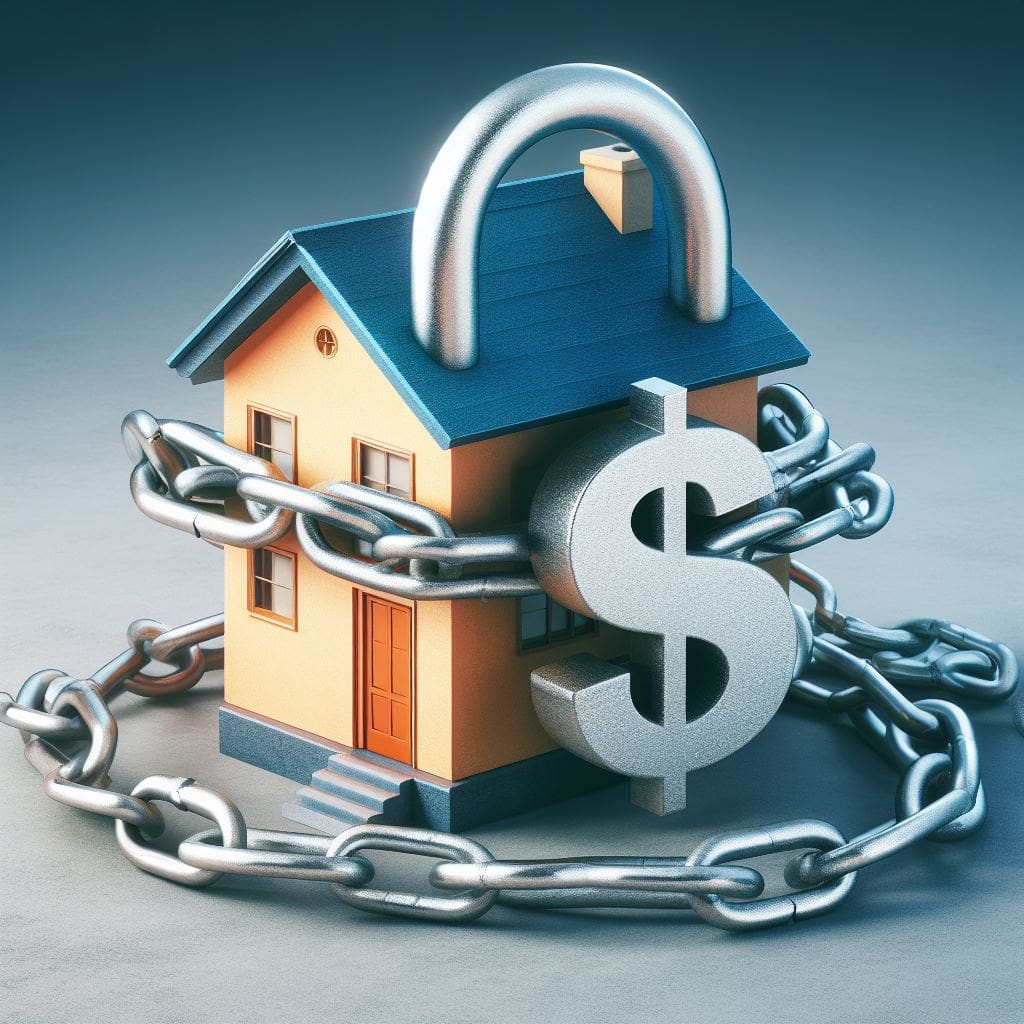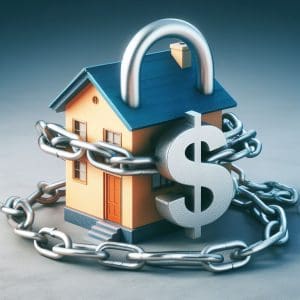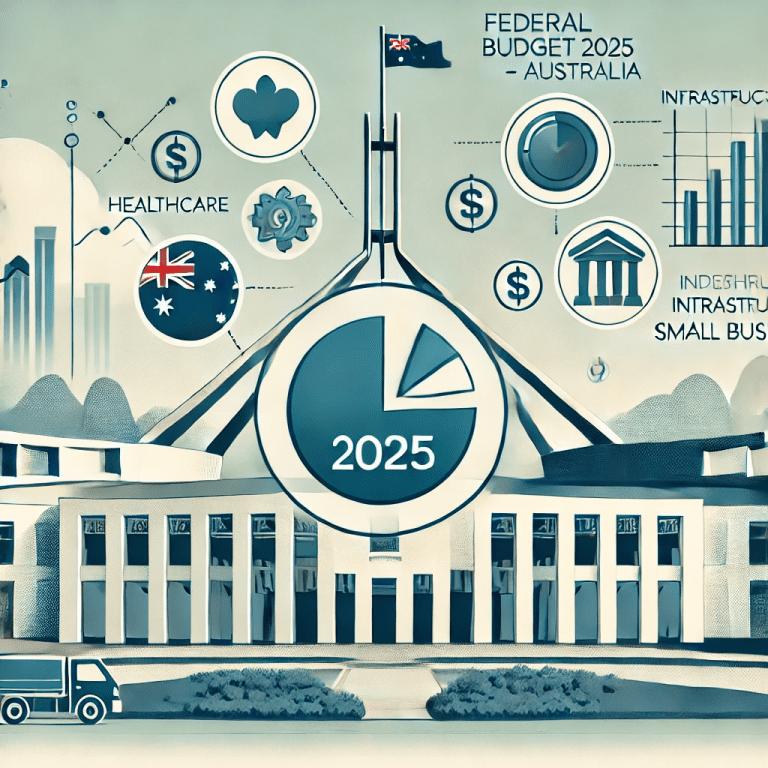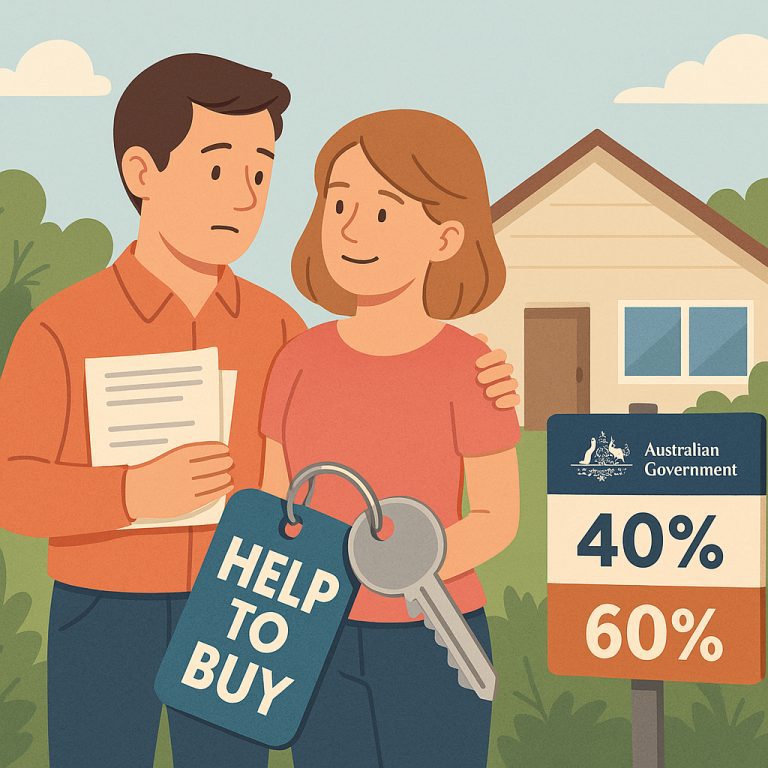
Thinking of fixing your home loan rate – beware – look before you leap.
Anyone with a memory longer than 4 years will recall that home loan interest rates during Covid were ridiculously low. It also showed how little predictive power people who set these rates actually have. The common thinking in 2021 and into 2022 is that 1.89% for a 4 year mortgage loan was a good indication of how rates were going to perform for the next 4 years.
Thankfully there are still enough people who live in the real world, and many of them sensed that this was insanely low and so fixed their home loan rates for the next 4 years. Imagine a home loan of $1m at only 1.89% – this meant repayments of “only” $3,641 per month. Alas those with such foresight were few. Ironically, a much higher proportion of “younger borrowers” (i.e. < 35 years of age) fixed than did older clients (> 35 years old). Well done Millennials and Gen Zs! It’s about time you got some kudos.
As often happens, we get used to the size of our meals and our appetite adjusts accordingly. So when rates rose sharply over the last 24 months to their current level of about 6.09% on the same loan, you have to feel sympathy for the same unfortunates whose monthly repayments have risen from a comfortable $3,641 per month expense to a titanic $6,053 monthly ransom. That’s an increase of over 66% in repayments in less than 2 years. Do you know anyone whose salary has risen by 66% over the last 2 years to compensate this?
Clients of mine in the Northern Beaches in Sydney will be increasing their homeloan repayments from $5,700 per month to $9,700 per month in repayments. (they live in a 3 bed weatherboard house). Despite earning approximately $350,000 per year between them, they are doing it very tough. Child care has gotten prohibitive, Petrol is insane, groceries are now so expensive that it’s cheaper to eat Wonka Bars than it is a balanced diet, and even the Dollar Store now costs $5 to get in.
So what do you do to control costs. The most common call I field now is “should I fix my rate? Just in case they rise further”. The simple answer is I don’t know. I cannot tell the future. If I could I would close the brokerage offices early and head straight down to the TAB office. At least I could get a beer while I’m accurately auguring what rates will do. But I can readily tell people what NOT to do. Don’t rush in and make a decision before you have had a conversation with your broker (us!) There are a few key things to take into account before deciding on fixing your rate:
- Are you confident that rates will increase. Let’s be honest. It didn’t take either intelligence or courage to predict rates were going to rise after Covid blew over. Even Dave Gray from Play Your Cards Right could have had you telling yourself convincingly “higher, higher”. Yet what about know? Are you certain they will rise further? IF they do then you’ll be safe. But if rates drop, you will be missing out on significant savings
- DO you want to fix the entire amount? Did you know that almost every bank offers the ability to split loans into fixed AND variable rates. Furthermore
- Do you have an offset account? Do you have surplus cash savings or are you expecting a cash lumpsum. IF so, then you can simply put this into an offset account and negate the effect of the interest rate.
- Is it true that only Variable rate loans can be offset?
No. There are a handful of lenders in Australia that actually allow you to offset a fixed rate loan. Although this feature isn’t common, there are a few respectable lenders that allow this function.
- What are you planning to do over the next few years. E.g. a house extension, moving home, buying an investment property. All of these forthcoming decisions will have a direct impact on your decision on fixing your home loan rate. It may be that you have to change banks in future to permit a purchase or refinance. At this stage you do not want to be stuck in a fixed rate and pay significant break fees. I once dealt with a nice fellow from Melbourne who paid more than $26,000 to break his fixed rate loan. Wasted money! Poor fellow!
- What is your risk tolerance. If you decide not to fix, and rates were to increase further. How much extra per month could you afford?
- Is your current bank offering you their best rates? It is frequent for many banks to offer a “new to bank” rate to capture new customers. Yet the rate that you are getting for showing them loyalty is much more than is on offer for Johnny Newbie who just walked in the door.
- Are you getting best advice from dealing directly with the bank. Many banks now operate complex data models to predict which clients are at risk of leaving. I know this because I worked on such a project with one of them. IF you suddenly receive a great offer of a fixed rate from a bank, this may be simply because they are worried you might leave them, and so they want to lock you in with them. What is actually in your best interest doesn’t ever occur to them. They just want to ensure you stay put.
- If you are coming off a fixed rate, do you really need to do it again?. Just because you got lucky before, doesn’t mean you will be lucky again. You are not Jaems Bond, so betting on the same number on roulette wheel twice in a row might not end too well.
- Do you need the monthly certainty for peace of mind? If you need to know exactly how much you pay per month, and that certainty trumps all else, then you probably should consider a fixed rate.
- Do you know the future? Whatever term you decide to fix your rate for, you are always gambling. And so by fixing a rate, you are gambling that rates will increase. By not fixing it (variable) you are risking that rates will in fact fall in the near future.
Fixing your home loan rate is not an easy decision. And your circumstances may not be fully known to the guy in the pub who is happy to give free advice – it’s because it’s worth only that much. So the best thing you can do is to have a chat with your broker. It’s free, and unlike the bank branch, your broker must, by law, act in your best interests at all times. Regardless of what advice your broker gives, this must be in your best interest. This means that you will get help making an informed decision with due attention given to whatever else may be going on or planned to happen.




